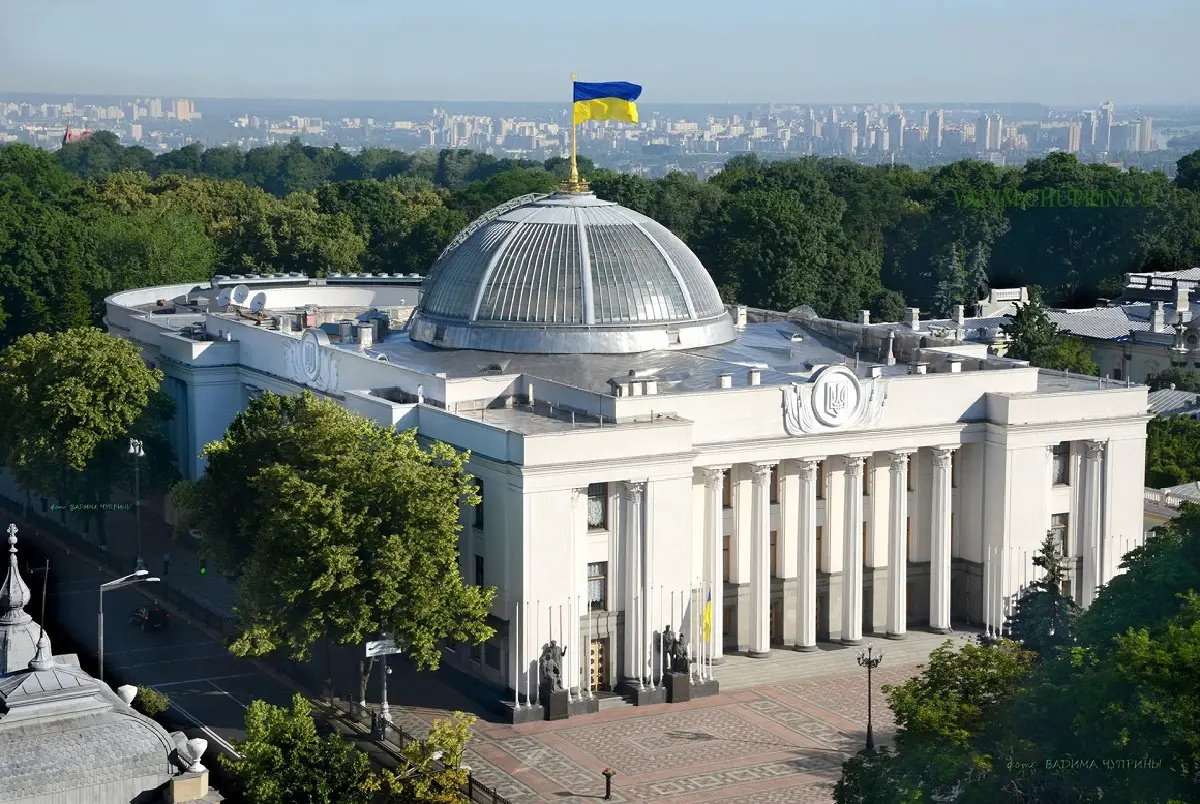Bitcoin is now legalized in Ukraine, as the country’s parliament passed in final reading a bill that follows the president’s suggestions. However, Ukraine has not declared Bitcoin as a legal tender.
Mykhaylo Fedorov, Ukrainian minister of digital transformation stated that:
“The new law is an additional opportunity for business development in our country. Foreign and Ukrainian crypto companies will be able to operate legally, and Ukrainians will have convenient and secure access to the global market for virtual assets.”
The new Ukraine Law on Virtual Assets was passed by parliament with more than 270 votes, according to an official announcement. The bill specifies criteria that Bitcoin service providers such as exchanges must meet and sets penalties for transgressions of the law’s provisions, as well as establishing that the country’s National Securities Commission will oversee the cryptocurrency market.
Bitcoin is now legalized in Ukraine
The Securities and Exchange Commission of Ukraine will be in charge of issuing licenses to Bitcoin and cryptocurrency service providers as well as supervising and monitoring the market, according to a statement.

In September, Ukraine introduced a cryptocurrency bill that President Volodymyr Zelensky vetoed in October because the country couldn’t afford to establish a new regulatory body just for Bitcoin and cryptocurrencies.
The bill’s passage was delayed for several weeks because of disagreement over key pieces. After the president’s initiative to let current regulators oversee the fast-growing sector, parliament promptly adopted his suggestions and passed the revised legislation.
According to the article of Bitcoin Magazine, Serhiy Tron, founder of White Rock Management and the Parea Foundation international fund said that:
“The Law on Virtual Assets is largely a framework law and requires further substantial refinements, for instance, changes to the tax code. Nevertheless, the document became an important signal to the global community since the National Bank of Ukraine officially stated that digital currency is a ‘monetary surrogate, which has no real value.’”

According to Tron, Ukraine’s Ministry of Digital Transformation intends to make the country a global leader in the Bitcoin and cryptocurrency market:
“By creating a high-tech, innovative cryptocurrency market that plays by clear rules, the country expects the speedy arrival of crypto investors from all over the world.”
Ukraine’s Bitcoin bill promotes the peer-to-peer currency from a “gray” area to one where it can be properly regulated, with clear rules governing how the asset should be treated legally and how organizations should act when it comes to investor protection and guarantees.
Tron said that Bitcoin exchanges will now be able to operate under clear regulations and that citizens’ assets would be better safeguarded against fraud or misuse by service providers:
“Adopting the Law on Virtual Assets clearly signals to the global community that cryptocurrency is legalized in Ukraine,. The opportunity to legally develop business in Ukraine will attract crypto-investors from all over the globe to our country.”





